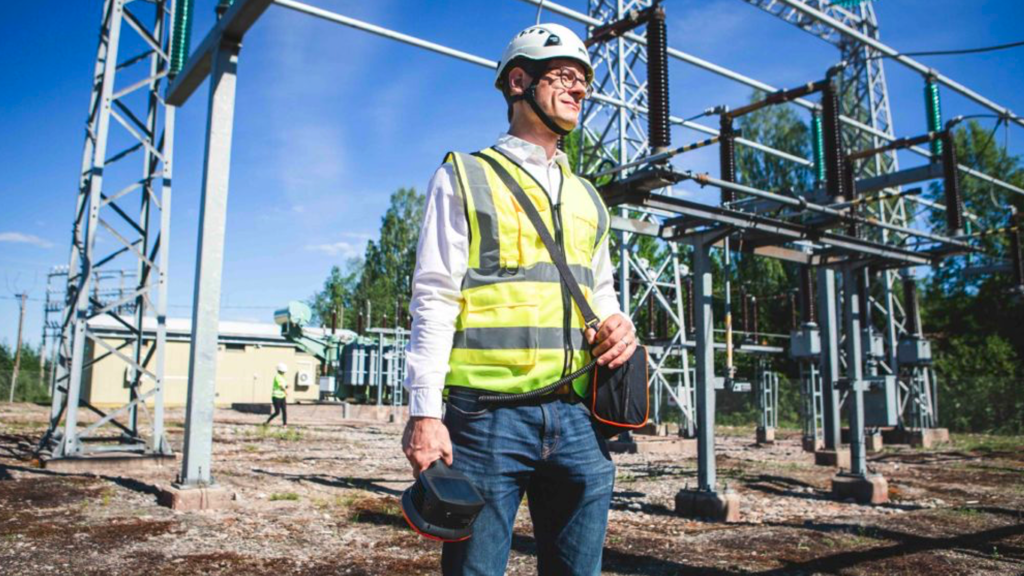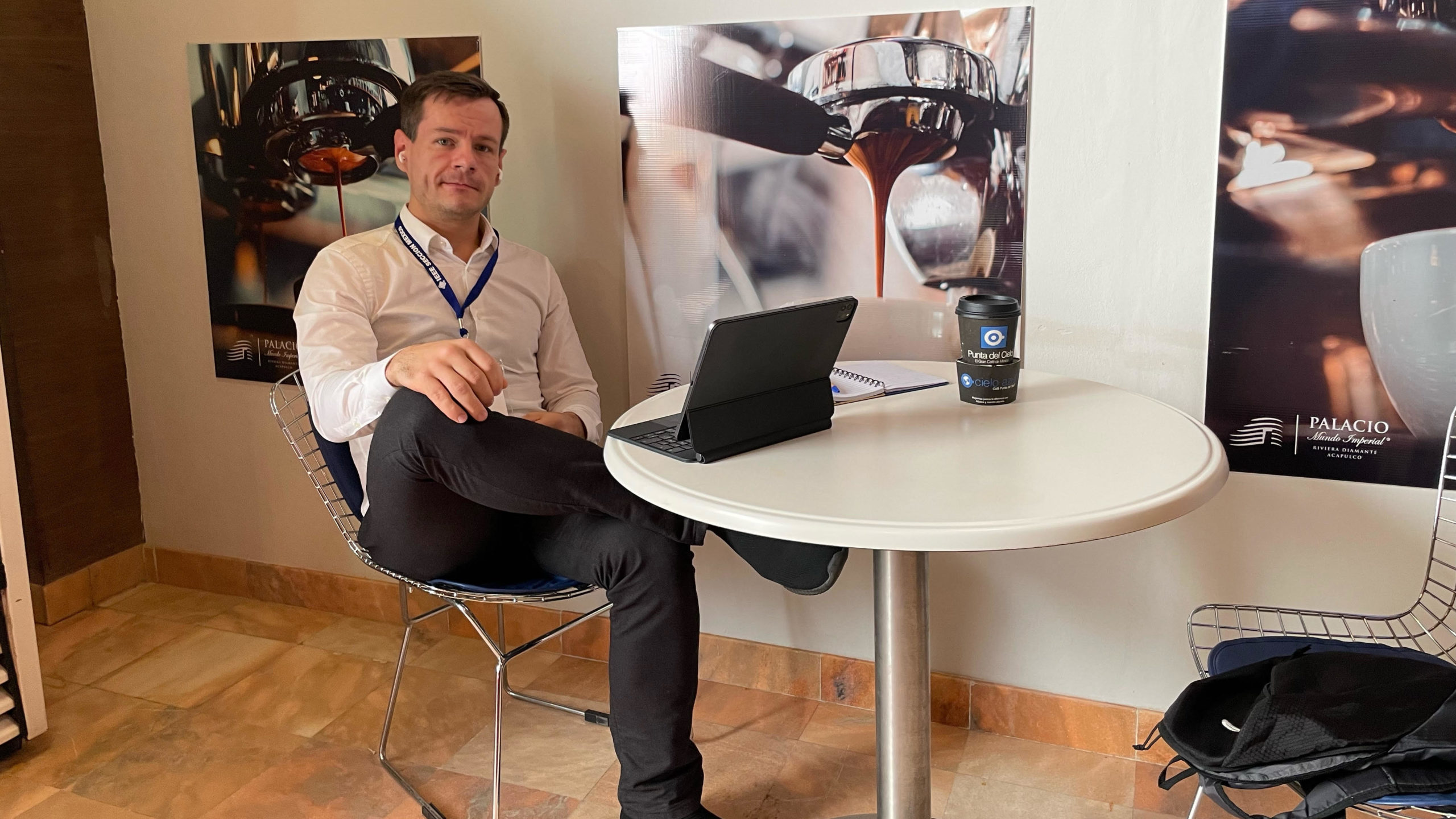Working AI: How a Determined Entrepreneur Used Deep Learning to Grow His Business

Name: Kai Saksela
Title: CEO and Co-founder of NL Acoustics
Location: Helsinki, Finland
Education: Master of Science, Structural Engineering and Acoustics, Aalto University
Kai Saksela’s technology startup designs and manufactures AI products that analyze sounds to determine if physical components — from electrical grid infrastructure, for instance — are working properly. He took the Deep Learning Specialization primarily because he loves learning new skills and has been fascinated by the field for a long time. He also had a hunch that neural networks would help his company solve a core problem: providing customers guidance on what they should do when their equipment starts making strange noises. He spoke with us about how his hunch paid off and why AI plays a central role in his company’s growth.
DeepLearning.AI: You are the CEO of Noiseless Acoustics. Can you tell us a bit about your company?
Saksela: We build solutions that detect certain types of sounds for our customers. These sounds indicate expensive or dangerous problems. The problems can be anything from leaks to sounds indicating that a component is about to fail or even explode. A critical part of that is being able to understand what the sound tells us.
What challenges was your company facing that you hoped AI could help solve?
Early on, we had managed to develop measuring equipment for processing digital audio signals which worked really well for certain types of things. It could provide all this incredible information about where various sounds are coming from and would instantly show the location of the sound to the user on a screen, but it left customers with unanswered questions. We needed an actionable component, being able to tell them when sound was indicating that a piece of equipment was going to fail, for example, or when it indicated that a problem was expensive enough to warrant repairing. We had already used all sorts of traditional algorithmic approaches for digital signal processing, but I wanted to see if we could make these work better using another approach. That’s also one of the reasons why I took the Specialization; to learn if neural networks could help us with this.
How did the Specialization help you overcome this problem?
After taking the Specialization, I spent a lot of time building various types of neural networks and trained them using some of the data we have. One of these networks performed far better than anything we had tried so far. We have built on my original work since then, but even now a large part of our products are based on the techniques I learned in the Specialization.
Using our analysis, we can, for example, analyze sounds from electrical components, and we show our customers a score indicating the severity of the problem causing the sound. Our AI provides us with enough analysis to actually offer actionable solutions. For example, in this case the valuable information we can provide thanks to AI is information on whether they need to clean the component, repair it, or for example install a completely new one to replace it.

How has your company changed since you added AI to your core product?
Since I took the Specialization, we have grown from a five-person company to over 30 people. And we keep on growing. AI plays a very central role in our value proposition.
You were already an established CEO when you took the course. How else has Specialization helped you in your role as CEO?
The Specialization has helped me make informed decisions around AI, with a deeper understanding of how AI actually works. This understanding has helped me plan ways to meet our customers’ needs and make decisions about where to take our products. Understanding these things on a technical level also helps when recruiting and structuring our teams.
You can find Kai Saksela on LinkedIn.
Ready to #BeADeepLearner like Kai?